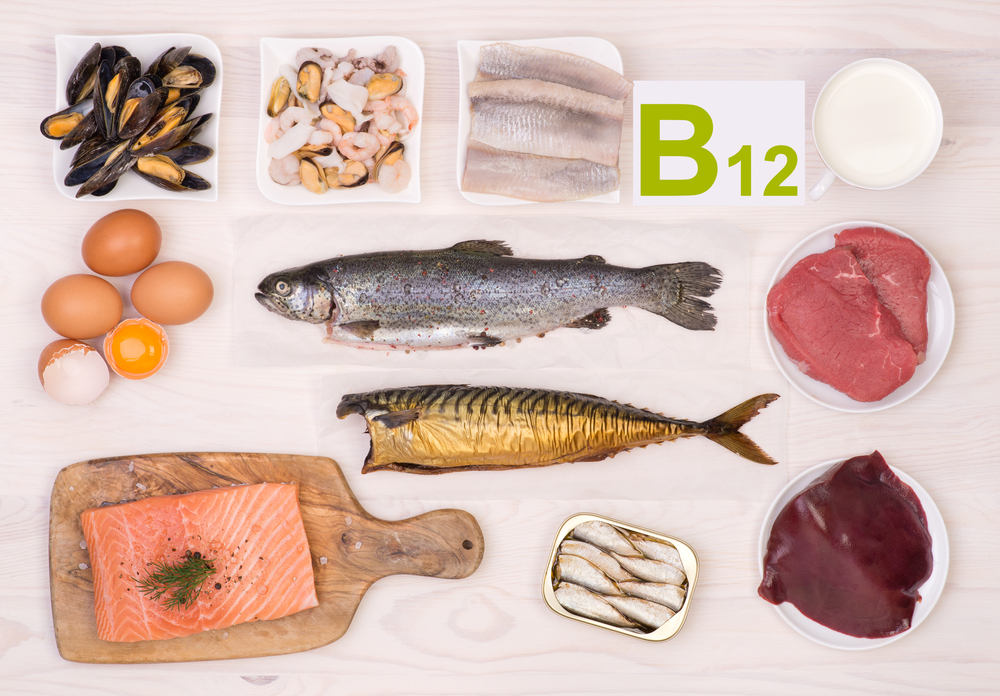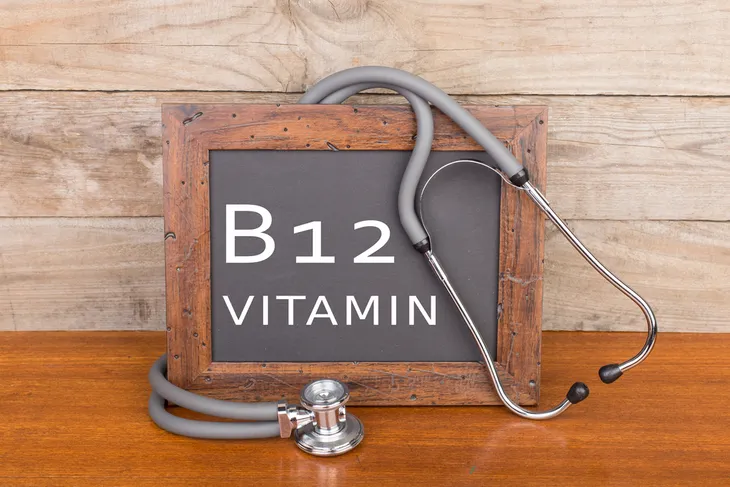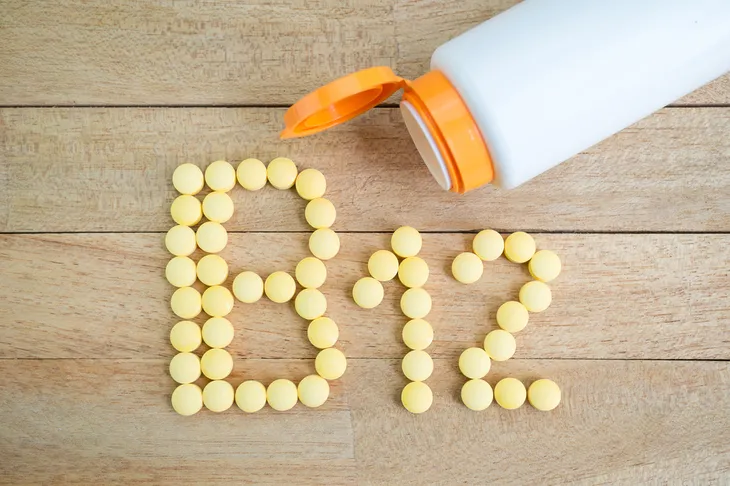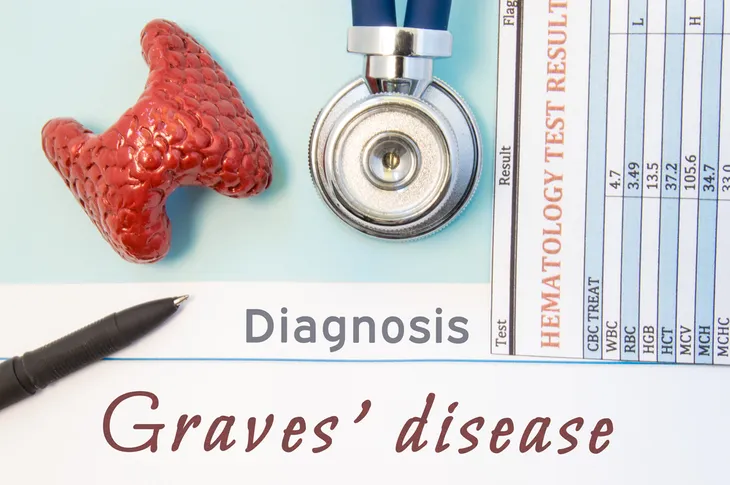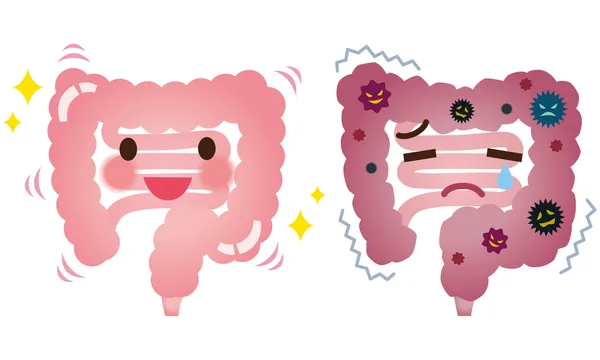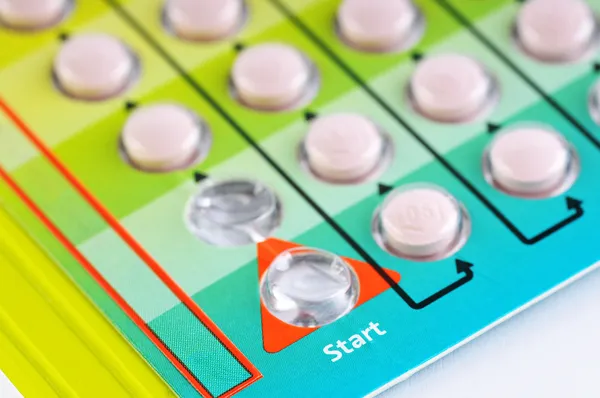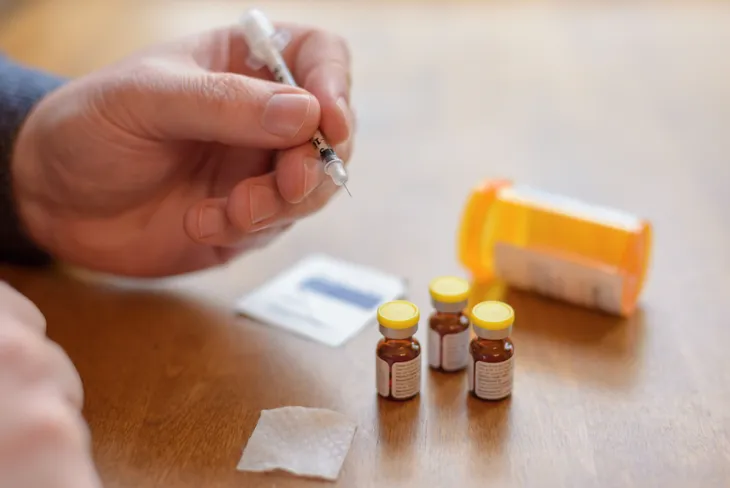With the talk about vitamin C, iron, and calcium, sometimes vitamin B12 gets left out of the loop. But the truth is, it’s a very important vitamin that helps with a number of functions in the body from maintaining heart health to providing a boost of energy.
However, like any vitamin or nutrient, you can have low levels of B12 and there will be health consequences that may not be obvious right away. Let’s take a look at 12 things to know about a vitamin B12 deficiency, and how to avoid it…
About B12
The National Institutes of Health explains that vitamin B12 is a water-soluble vitamin that is naturally present in some foods. “It exists in many forms” and contains cobalt, giving B12 compounds the name “cobalamins,” adds the source.
The forms of B12 that play a role in human metabolism include methylcobalamin and 5-deoxyadenosylcobalamin, which are important for red blood cell production and neurological functions, it adds.
Getting the Right Dose
Like many vitamins and nutrients, too much or too little is not a good thing. The amount of B12 you should be getting is based on your age, according to the National Institutes of Health.
For example, teenagers and adults (14 years and older) should strive for 2.4-mcg of the vitamin per day, which is the same for men and women. Children and adolescents age 9- to 13-years-old should be getting 1.8-mcg, while infants (up to 6-months) should be getting 0.4-mcg daily, it adds.
What Leads to a B12 Deficiency?
There are several factors that can cause your B12 levels to drop off, according to Harvard Medical School. “Surprisingly, two of them are practices often undertaken to improve health: a vegetarian diet and weight-loss surgery,” explains the source.
For vegetarians, they aren’t getting B12 from plants, and they need to eat foods that have been fortified with the vitamin. Those who have had their stomach stapled (or another form of weight loss surgery) have a decreased ability to extract B12 from foods.
Possible Medical Causes of B12 Deficiency
WebMD says age can be a factor, as it can become more difficult for the body to absorb vitamin B12 as your age progresses. But, according to the source, another possible cause is atrophic gastritis (thinning of the stomach lining).
Pernicious anemia, which can result from the loss of stomach cells (possibly from an autoimmune response), can make it tougher for your body to absorb B12, as could immune system disorders (such as Graves’ disease or lupus).
Crohn’s Disease and B12
If you’ve had surgery related to Crohn’s disease, an autoimmune disorder of the small intestine, then you may be missing an important component of your digestive system that’s important for B12 absorption, explains EveryDay Health.
The source says the vitamin is absorbed by the terminal ileum at the end of the small intestine, which is a “very common site of Crohn’s disease.” If you can no longer absorb vitamin B12 through pill form supplements, then you’ll need monthly injections, a weekly nasal spray, or even a patch that is relatively new.
Side Effects of Birth Control
Scientific American explains that birth control pills, used by more than 10-million women in the U.S., can deplete your body of certain vitamins, including B12. “And because contraceptives are often taken over extended periods of time, even subtle effects could add up,” adds the source.
According to the source, birth control pills can also rob your system of vitamin B6 and folic acid, as well as vitamin C, magnesium, and zinc, which all play important roles in the human body. Hormone replacement therapy can have the same impacts.
Drinking Away the B12
If you’re taking in large amounts of alcohol, you may be limiting how much B12 gets absorbed into your system. SFGate.com explains that alcohol irritates the mucus lining of the stomach and intestines, and when it does this, your body produces less hydrochloric acid, leading to reduced B12 absorption.
The source explains, “Alcohol not only impairs nutrient absorption by damaging the lining of the gastrointestinal system, but it also prevents nutrients from being fully utilized in the body by altering their transport, storage, and excretion.” Also, when you produce less acid, you can end up with more intestinal bacteria that thrive on B12, which basically means you’ll have more hungry mouths to feed, with less B12 available to actually benefit you.
Burning Through B12
The Mayo Clinic explains the drugs you take to control your heartburn may inadvertently also be lowering your B12 levels. The source says some studies have drawn a link between prescription heartburn medications and B12 deficiency.
These drugs that treat gastroesophageal reflux disease (GERD) suppress stomach acid, which has been suspected in blocking the absorption of vitamin B12.
Symptoms of Low B12
If your B12 levels are only a bit low, you may not notice any obvious symptoms, according to WebMD. However, if the deficiency progresses, you could become anemic.
When the B12 deficiency becomes more obvious, you’ll likely notice symptoms, such as weakness, lightheadedness, pale skin, constipation or diarrhea, tingling sensations, vision problems, heart palpitations, shortness of breath, and even psychological impacts such as depression or memory loss.
Damage Could be Permanent
While most cases (and symptoms) of a vitamin deficiency can be reversed when you start getting the right amount of that particular vitamin, there could be long-lasting damage if your B12 deficiency isn’t tended to.
The NHS in the UK explains that a lack of B12 not only can cause neurological issues, such as vision loss or memory loss, but also can cause a loss of physical coordination (affecting speech and walking), which is referred to clinically as ataxia. It can also cause damage to the nervous system, particularly in the legs, which is called peripheral neuropathy. “If neurological problems do develop, they may be irreversible,” warns the source.
Correcting a B12 Deficiency
According to Harvard Health, if you have a serious B12 deficiency that’s been confirmed by a doctor, there are generally two ways to fix it – weekly injections of B12 or daily “high-dose” B12 pills.
If you have a milder deficiency without some of the more alarming symptoms that we’ve mentioned, then a standard multivitamin is probably enough to take care of the deficit, it adds.
Preventing a B12 Deficiency
Of course, the best course of action is to not let your B12 levels get so low that they start to impact your health. Harvard Health says, in most cases, a deficiency of this vitamin can be avoided with a daily multivitamin that delivers 6 mcg (which is more than enough).
If you’re a vegetarian, especially a vegan, also make sure your cereals and other grains have been fortified with B12 (if you’re not taking a multivitamin.) If you’re 50 years or older, you may also want to consider a supplement, as your body may not be getting enough from food alone.
*Think you may have a Vitamin B12 Deficiency? Consider purchasing Amazon’s best-selling Vitamin B supplement (rated 4.5 stars with over 650 consumer reviews): NatureMade Super B Energy Complex.
Note: ActiveBeat is a participant in the Amazon Services LLC Associates Program, an affiliate advertising program designed to provide a means for sites to earn advertising fees by advertising and linking to Amazon.com.
